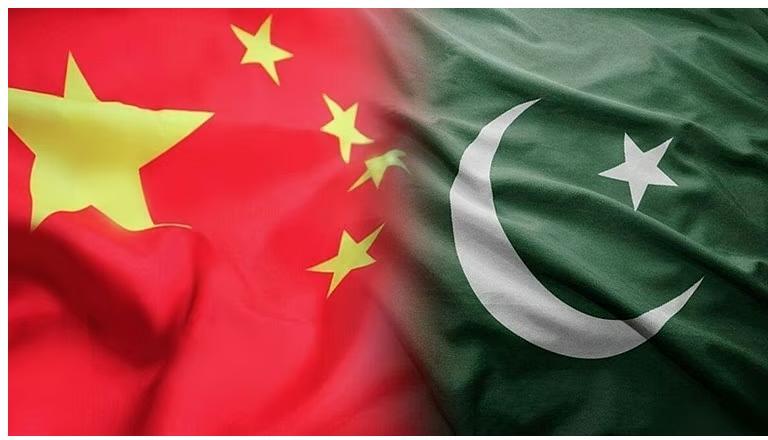
Pakistan Requests China to Postpone $3.4 Billion Debt for 2 Years
In a bid to bridge a foreign funding gap identified by the International Monetary Fund (IMF), Pakistan has requested China to postpone $3.4 billion debt repayment for two years. According to a report, the extension was sought to repay the official and guaranteed debt obtained from China’s Exim Bank, with Pakistan agreeing to continue making interest payments.
This is not the first time Pakistan has made such a request to China. Last September, the country also sought a similar deferment of loan repayments from China, highlighting the challenges Pakistan is facing in its economy. The request is seen as a significant development in the ongoing efforts of Pakistan to stabilize its economy, which has been grappling with a severe financial crisis.
Pakistan’s economy has been facing significant challenges, including a widening trade deficit, a decline in foreign exchange reserves, and a rise in inflation. The country’s foreign exchange reserves have been dwindling, and the government has been struggling to repay its foreign debt, including the debt owed to China.
The request to postpone debt repayment comes at a time when Pakistan is in the midst of implementing an IMF-backed economic reform program aimed at stabilizing its economy. The program, which was agreed upon by the Pakistani government and the IMF in July 2019, aims to reduce the country’s fiscal deficit, increase revenue, and improve the overall state of the economy.
However, despite the efforts of the Pakistani government, the economy continues to face significant challenges. The country’s foreign exchange reserves have been falling steadily, and the government has been struggling to repay its foreign debt, including the debt owed to China.
China has been a significant lender to Pakistan, providing the country with significant financial assistance in recent years. In 2015, China and Pakistan signed a Memorandum of Understanding (MoU) worth $46 billion to fund various infrastructure projects in Pakistan, including the China-Pakistan Economic Corridor (CPEC).
Under the MoU, China’s Exim Bank agreed to provide Pakistan with a significant amount of financing for various projects, including energy, transportation, and infrastructure development. However, Pakistan’s inability to repay its foreign debt, including the debt owed to China, has become a significant concern for the government.
The request to postpone debt repayment is seen as a significant development in the ongoing efforts of Pakistan to stabilize its economy. The extension would provide Pakistan with some breathing space to address its economic challenges and implement its economic reform program.
In recent years, China has been increasing its economic engagement with Pakistan, and has become a significant player in the country’s economy. China’s Belt and Road Initiative (BRI) has been a major driver of this engagement, with the country investing heavily in Pakistan’s infrastructure and energy sectors.
However, Pakistan’s economic challenges have become a significant concern for China, and the country has been urging Pakistan to implement its economic reform program and address its fiscal challenges. The request to postpone debt repayment is seen as a significant step towards addressing these concerns and stabilizing the economy.
In conclusion, Pakistan’s request to China to postpone $3.4 billion debt repayment for two years is a significant development in the ongoing efforts of the country to stabilize its economy. The extension would provide Pakistan with some breathing space to address its economic challenges and implement its economic reform program. However, the challenges facing Pakistan’s economy are significant, and the country will need to implement its economic reform program and address its fiscal challenges to stabilize its economy.






